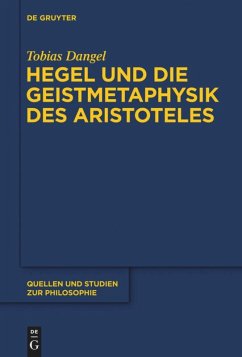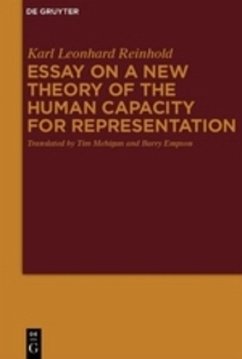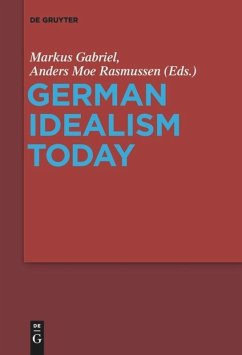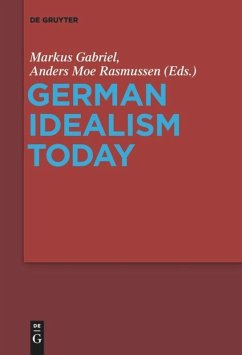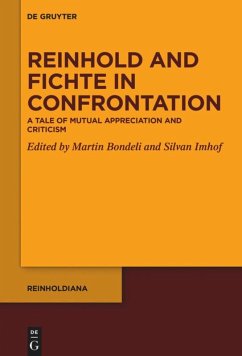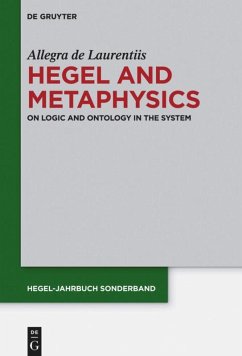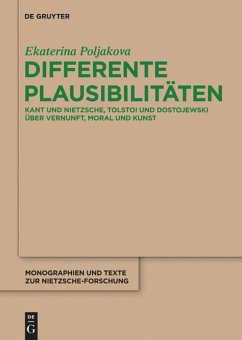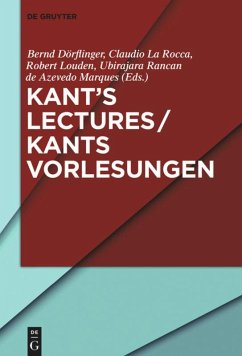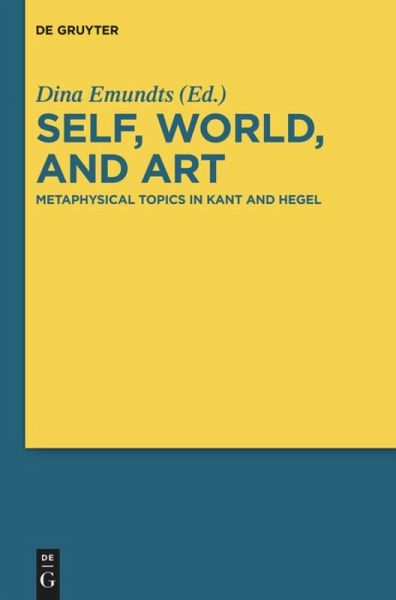
Self, World, and Art
Metaphysical Topics in Kant and Hegel
Herausgegeben: Emundts, Dina
Versandkostenfrei!
Versandfertig in 6-10 Tagen
95,99 €
inkl. MwSt.

PAYBACK Punkte
48 °P sammeln!
Is self-consciousness a condition of possibility for knowledge? Does Kantâ??s theory of self-consciousness commit us to transcendental idealism? How convincing is Kantâ??s theory of self-consciousness? How should we understand transcendental idealism? What is Hegelâ??s alternative? How do Kant and Hegel conceive of the beautiful? How do their conceptions of beauty relate to their metaphysics? In this volume, some of the worldâ??s most renowned Kant and Hegel scholars seek to provide answers.
In diesem Band sind Beiträge zur Philosophie von Kant und Hegel versammelt, die sich mit Thesen zum Idealismus, zum Selbstbewusstsein, zur Kunst und zu anderen Fragen der Metaphysik und Transzentalphilosophie beschäftigen. Es gibt Beiträge von Rolf-Peter Horstmann, Barry Stroud, Hannah Ginsborg und Béatrice Longuenesse zu Kants und Hegels Theorien des Selbstbewusstseins; von Tobias Rosefeldt und Bernhard Thöle zu Kants transzendentalem Idealismus; von Paul Guyer und Andrew Chignell zu Kants und Hegels Theorie des Schönen. Weitere Beiträge zu Kants und Hegels Auffassung von Transzendentalphilosophie und Metaphysik gibt es unter anderem von Wolfgang Carl, Eckart Förster, Stefanie Grüne, Ulrich Schlösser und Gary Hatfield und Anton Koch. Die Autoren nehmen oft aufeinander Bezug, so dass es zu einer aktuellen und ergiebigen Diskussion der Thesen kommt.





